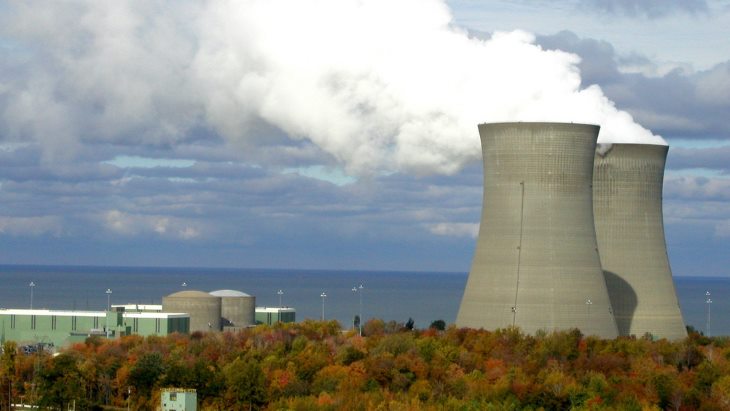The proposed legislation was introduced into the state's legislature in April, with the aim of providing incentives to build and maintain zero and reduced carbon emissions generation facilities in the state while lowering customers' electric utility bills. The subcommittee held six readings of the draft before passing a version which would provide credit payments to nuclear power plants. According to Reuters, solar and wind plants - which were included in the original draft legislation - would not be eligible to receive credits under the text as passed.
The legislation would support the continued operation of Ohio's two nuclear power plants, Davis-Besse and Perry. The plants' owner, FirstEnergy Solutions (FES), has already notified regional transmission organisation PJM Interconnection of its intention to deactivate both those plants by mid-2021 and the two-unit Beaver Valley plant in Pennsylvania later that year in the absence of legislative policy solutions to keep them operating. The units are operated by FES subsidiary FirstEnergy Nuclear Operating Company (FENOC).
The draft legislation as passed by the subcommittee would also support the continued operation of coal-fired plants operated by the Ohio Valley Electrical Corporation, which it identifies as a "national security generation resource".
FES is the competitive subsidiary of FirstEnergy Corporation, which in November 2016 announced its intention to withdraw from the competitive electricity market. FES, together with its subsidiaries and FENOC, in March 2018 filed for voluntary Chapter 11 bankruptcy protection with US courts to facilitate a financial restructuring.
Researched and written by World Nuclear News




